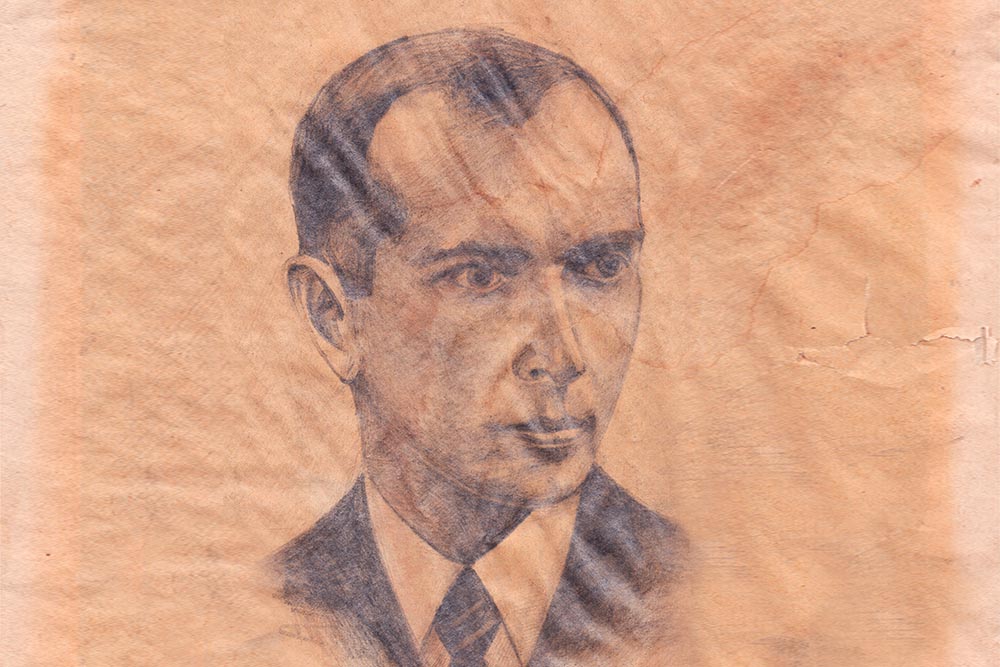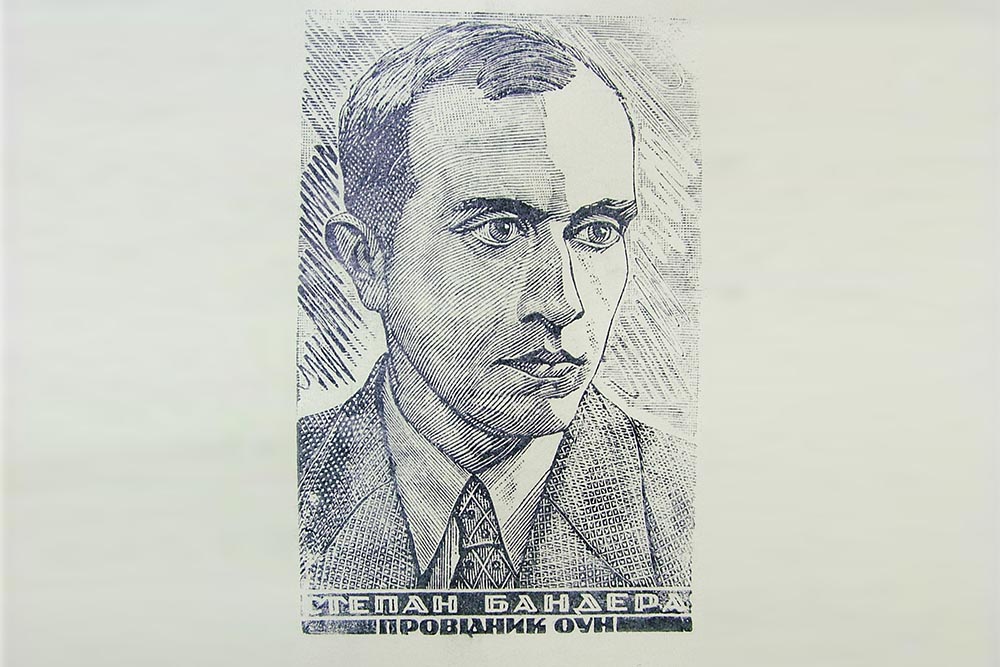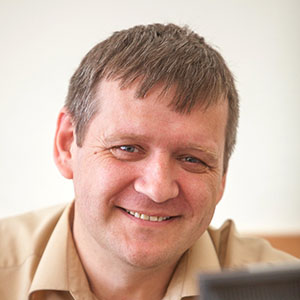After the defeat of the Ukrainian Revolution, the territories of the Ukrainian People’s Republic (UNR) and the West Ukrainian People’s Republic (WNR) were divided between neighboring states, and Ukrainians became the largest non-state nation in Europe. But from the mid-1920s, a mass movement of a generation of uncompromising youth, ready to once again raise the banner of the armed struggle for independence, began to gather strength in the territories of Western Ukraine under the slogan “You will have got the Ukrainian state or die in the struggle for it”. Its leader was Stepan Bandera (according to the most common version, Bandera’s surname means “flag”). He was born 115 years ago.
He was born in Staryi Uhryniv village of Kalush district in Stanislav region (now Ivano-Frankivsk region) in the large family of a Greek Catholic priest, a well-known public and political figure in Galicia. Due to a serious illness (rheumatism of the knee joints), he first studied at home, and from the age of 10 – at the Ukrainian gymnasium in Stryi. Activist of gymnasium kurins of the Ukrainian scout organization “Plast”. In 1926 he was one of the organizers of the Nationalist Ukrainian Youth Union (NUYU). In 1927, he was accepted into the ranks of the Ukrainian Military Organization (UMO), the main center of opposition to the repressive policy of the Polish government directed against the Ukrainian population of Western Ukraine.
From 1928 he was a student of the agronomic faculty of the Lviv Polytechnic University. In 1929 he joined the newly created Organization of Ukrainian Nationalists (OUN). After becoming the regional leader of the OUN in the Western Ukrainian Lands (WUL) in 1933, he significantly intensified the political struggle through various propaganda campaigns and terrorist acts. Under his leadership, in 1934 there was planned the political assassination of Bronisław Peratski, the Minister of Internal Affairs of Poland. He was accused by the nationalists of the policy of “pacification” (the collective responsibility of the Ukrainian peasants of Eastern Galicia for the burning of Polish lands in 1930). Together with other arrested people, he managed to make the trial a platform for the propaganda of the OUN ideas. He sentenced to death, but the sentence was changed to life imprisonment in 1936. On September 13, 1939 he escaped from prison, taking advantage of the beginning of the Second World War.
From April 1941, he was the head of the revolutionary leading body of the OUN, which was supported by the absolute majority of the organization’s structures in Western Ukraine. On June 23, 1941 the referent Volodymyr Stakhiv and he sent a memorandum to Adolf Hitler, which was about the immediate restoration of an independent Ukrainian state. On June 30, 1941 after the proclamation of the Act of Restoration of the Ukrainian State in Lviv, he was arrested by the Gestapo on July 5, 1941 and was taken to Berlin. From January 1942 to November 1944, he was a prisoner of the Sachsenhausen concentration camp. After being released, he headed the revolutionary leading body and the foreign units of the OUN again.
In the article “There Is No Common Language with Muscovites”, which was published in weekly newspaper “Ukrainian Independent” in October 1952 in Munich he noted: “The goal of our liberation struggle is to complete independence from Moscow through the construction of the Sovereign Ukrainian State. It cannot be replaced by anything... The modern liberation struggle of the Ukrainian people against the Bolsheviks is at the same time a struggle against the imperialism of the Muscovites in general, as Bolshevism is the form and the product of this imperialism”.
On October 15, 1959, in the suburbs of Munich, Stepan Bandera was shot dead with a jet of potassium cyanide solution made by KGB agent Bohdan Stashynskyi.
All members of Stepan Bandera’s family were subjected to political repression because of his political activity. His father was convicted and shot by the NKVD in 1941. His brothers Oleksandr and Vasyl died in the Auschwitz concentration camp in 1942, Bohdan – in Mykolayiv region in 1944. His sisters Marta-Mariya and Oksana lived in the special settlements in exile for 49 years and Volodymyr – in Gulag camps for 10 years.


